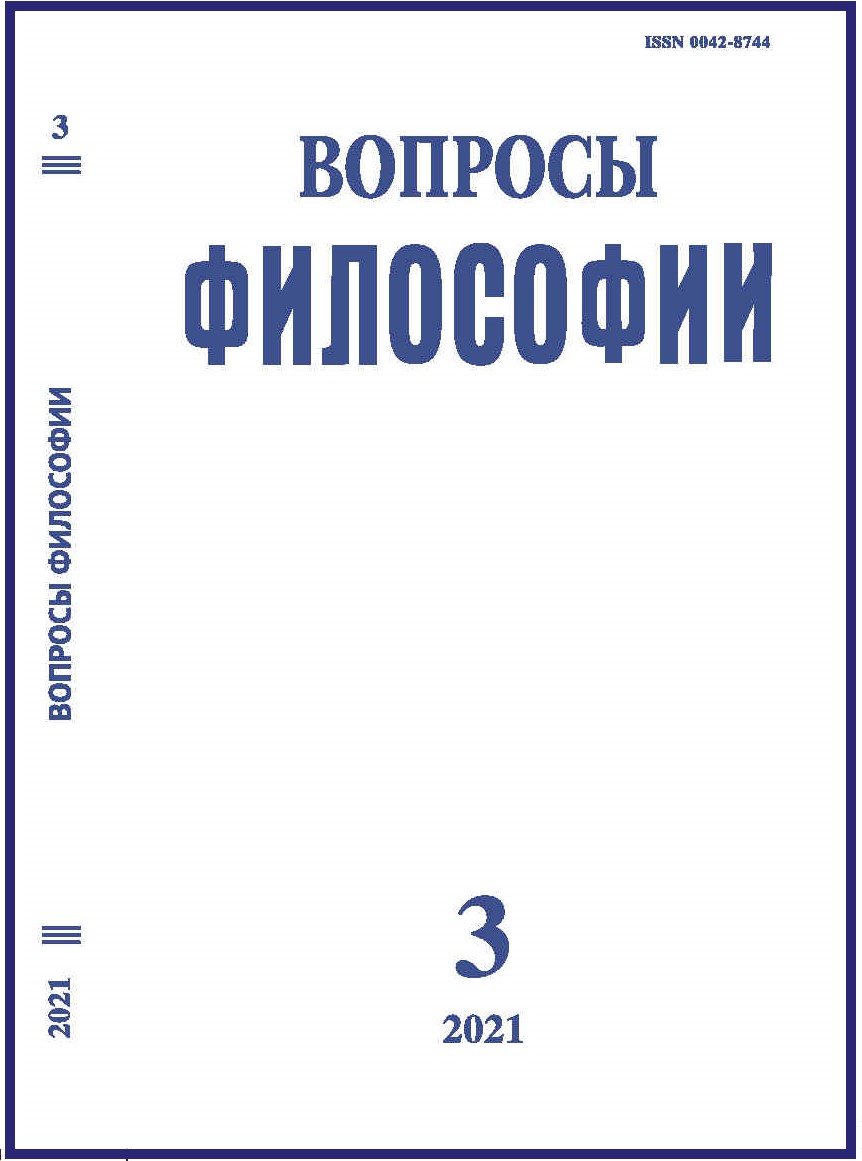Ludwig Wittgenstein As a Fictional Character. Part I
DOI:
https://doi.org/10.21146/0042-8744-2021-3-196-207Keywords:
L. Wittgenstein, “Tractatus Logico-Philosophicus”, literature, character, language, world.Abstract
In these latter days, there is a clear tendency towards convergence in the complex relationship between the two language practices – fiction and philosophy. On the one hand, philosophy increasingly turns to the interpretation of important literary texts. On the other hand, literature responds to the challenges of modern thought. This paper focuses on the creative heritage and personality of Ludwig Wittgenstein, the main initiator of “linguistic turn”, from the point of view not of philosophical, but of literary reception. The art of the word in the 20th century was strongly charged due to the language problems. That is why it could not pass over in silence the philosopher, who showed that language activity is one of the fundamental factors in understanding the world. Different authors, such as Terry Eagleton, Bruce Duffy, Winfried G. Sebald, Umberto Eco, Edgar Lawrence Doctorow, Arkadii Dragomoshchenko, brought out in their works – directly or indirectly – a character undoubtedly similar to Wittgenstein. Eventually, the combination of different aspects creates an integral portrait of the Austrian thinker, representing an adequate alternative to philosophical approaches. The fictitious space of literature allows us to show something that philosophy is unable to say – because of its disciplinary limits and its need to stay inside the facts and laws of logic. This confirms the well-known thesis of “Tractatus Logico-Philosophicus”: “What can be shown, cannot be said” (4.1212).

